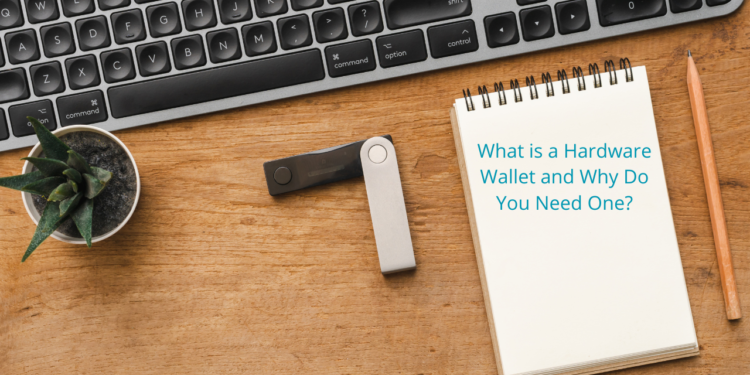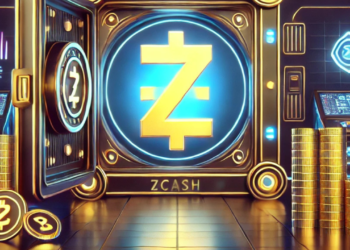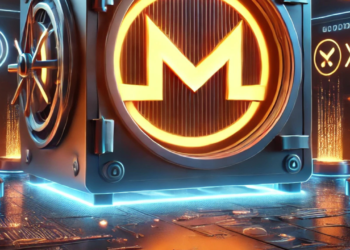What is a Hardware Wallet and Why Do You Need One?
If you’re diving into the world of cryptocurrency, one term you’ll often hear is “hardware wallet.” But what exactly is a hardware wallet, and why is it so important for crypto enthusiasts? In this guide, we’ll break it down for you in simple terms so that even beginners can understand.
What is a Hardware Wallet?
A hardware wallet is a physical device designed to store your cryptocurrency securely. Unlike software wallets that are connected to the internet, hardware wallets are offline, making them less vulnerable to hacking and malware.
Think of a hardware wallet as a safe for your digital assets. It stores your private keys (the codes that allow you to access and manage your crypto) in a secure environment, away from the risks of online exposure.
These wallets come in various shapes and sizes but typically resemble a small USB stick or portable gadget. What makes them unique is their ability to operate in an isolated environment, ensuring that sensitive data like private keys never leaves the device. This ensures your crypto assets remain protected, even if your computer is compromised with malware.
Additionally, hardware wallets support secure transaction signing. Instead of exposing your private key during a transaction, the wallet signs it internally and sends only the signed transaction to the blockchain. This added layer of security makes them an ideal choice for anyone serious about protecting their digital investments.
Popular brands like Ledger and Trezor have made hardware wallets accessible to both beginners and seasoned crypto users. They support a wide range of cryptocurrencies and often come with dedicated apps or platforms to help you manage your portfolio efficiently.
How Does a Hardware Wallet Work?
When you set up a hardware wallet, you’ll create a private key and a recovery seed. These are essentially the keys to your crypto vault. Here’s how it works:
- Private Key Storage: The wallet generates and stores your private key securely on the device.
- Offline Protection: Since the device isn’t connected to the internet, your private keys are safe from hackers.
- Transaction Signing: To make a transaction, you connect the wallet to a device (like your computer or phone), and the hardware wallet signs the transaction without exposing your private key.
With this setup, even if your computer is infected with malware, your private keys remain safe.
Why Do You Need a Hardware Wallet?
Here are some key reasons why a hardware wallet is a must-have for anyone serious about cryptocurrency:
1. Enhanced Security
Online wallets and exchanges are frequent targets for hackers. By keeping your private keys offline, hardware wallets protect you from phishing attacks, malware, and other cyber threats.
2. Control Over Your Assets
When you use an exchange wallet, you’re essentially trusting the platform to safeguard your crypto. With a hardware wallet, you are in full control of your funds.
As the saying goes in the crypto world:
“Not your keys, not your crypto.”
3. Protection Against Exchange Failures
Exchanges can go bankrupt or get hacked, resulting in lost funds. By storing your assets in a hardware wallet, you eliminate this risk.
4. Support for Multiple Cryptocurrencies
Most hardware wallets support a wide range of cryptocurrencies, allowing you to store Bitcoin, Ethereum, and various altcoins in one place.
5. Long-Term Storage
If you’re a HODLer (holding onto your crypto for the long term), a hardware wallet is the safest way to store your investments.
Why Choose Trezor?
If you’re considering investing in a hardware wallet, Trezor stands out as one of the top choices. Here’s why:
- Trusted Brand: Trezor has been a leader in the hardware wallet space for years, known for its high security and user-friendly design.
- Beginner-Friendly: Even if you’re new to crypto, setting up and using a Trezor wallet is straightforward and intuitive.
- Wide Compatibility: Trezor supports a vast range of cryptocurrencies and integrates seamlessly with popular wallets and platforms.
Common Myths About Hardware Wallets
Let’s address some misconceptions:
- “Hardware wallets are complicated to use.”
While they may seem intimidating at first, devices like Trezor are designed with simplicity in mind. Even beginners can set one up in minutes. - “They’re only for experts.”
Absolutely not! A hardware wallet is for anyone who values security, regardless of experience level. - “They’re too expensive.”
Think of it as an investment in protecting your wealth.
Conclusion
In the ever-evolving world of cryptocurrency, security should be your top priority. A hardware wallet like Trezor offers unmatched protection, giving you peace of mind while you manage your digital assets.
By taking the step to secure your crypto with a hardware wallet, you’re not just protecting your investments—you’re taking control of your financial future.
Ready to safeguard your crypto? Check out Trezor wallets today and start your journey to secure crypto storage!
Disclaimer
This article is for informational purposes only and should not be considered financial advice. Always do your own research and consult a financial advisor before making investment decisions. Cryptocurrency investments carry risks, including potential loss of capital.










